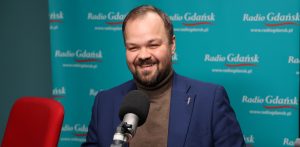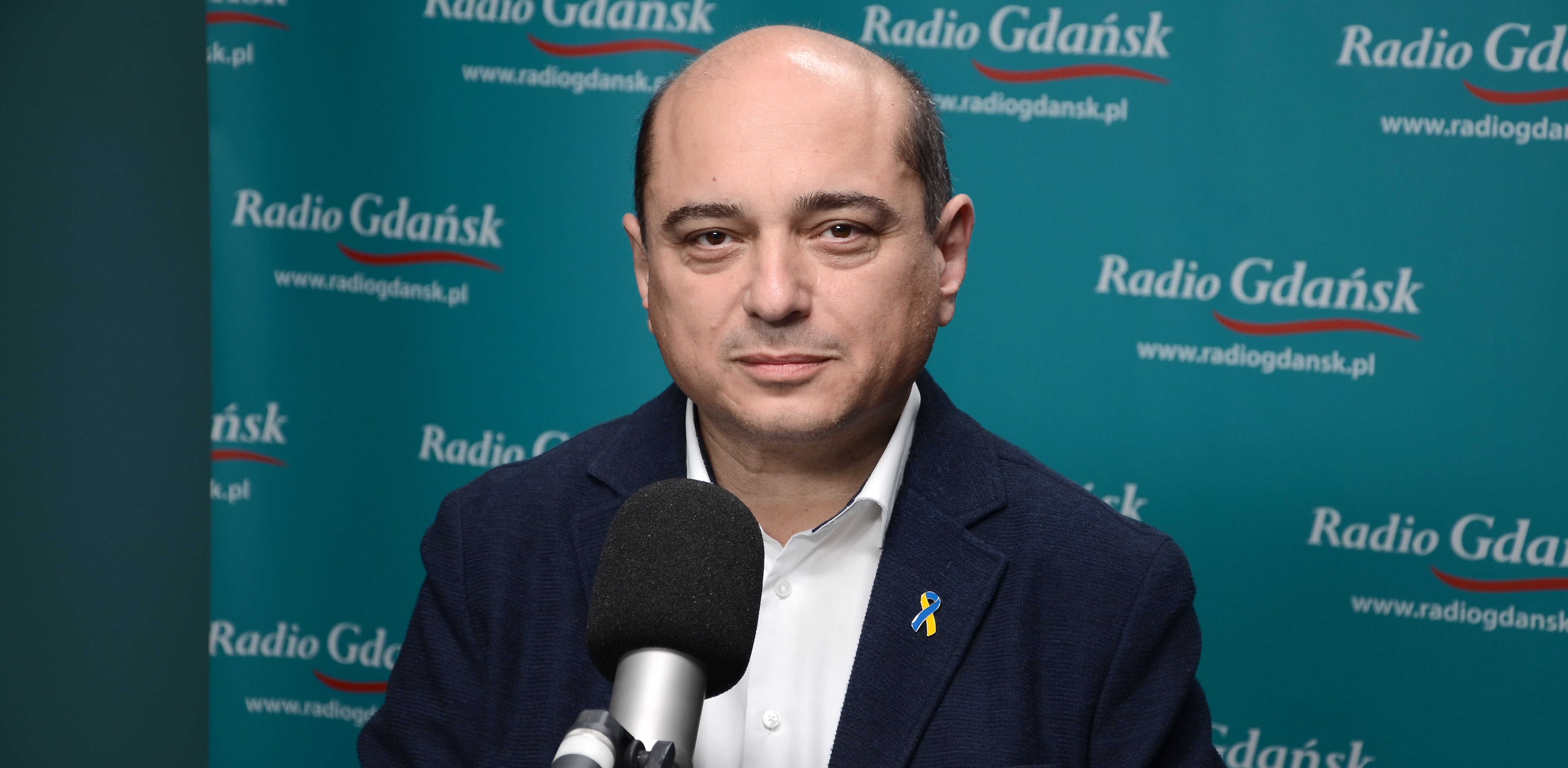In Moscow, the Kremlin has rejected suggestions it was behind the alleged poisoning of Alexei Navalny, a key figure in the Russian opposition.
Navalny, who is a fierce critic of Vladimir Putin’s government, was admitted to hospital in Russia late last week. He has since been transferred to a hospital in Berlin, where doctors have said he appears to have been poisoned.
The Russian government has denied accusations it sanctioned the alleged poisoning. President Putin’s press secretary, Dmitri Peskov, told reporters yesterday that claims the government was behind an assassination attempt were „empty noise”. Peskov added that the government saw no cause for a criminal inquiry so far but would investigate if poisoning was shown to be the case.
European leaders, including the British and German governments, have called on Russia to investigate.
Mr Navalny, who rose to prominence by exposing corruption in Russia, remains in a medically induced coma at the Charite Hospital, Berlin.
The Polish trade union, Solidarity, has said it is sending aid to Belarusians protesting against the country’s autocratic president.
Speaking at a press conference here in Gdansk, Solidarity Chairman Piotr Duda announced the organisation would send a „humanitarian convoy” to the country. The convoy, which is leaving for Belarus today, will bring food and other useful supplies to factory workers staging sit-in strikes in support of the Belarusian pro-democracy movement.
Mr Duda added that Solidarity was working closely with Belarus’s only free trade union to support the strikers.
Mass protests in Belarus, now into their third week, broke out after the country’s contested preidential election.
Solidarity, which is currently celebrating the 40th anniversary of its founding, led the charge in Poland’s fight against authoritarianism in the 1980s. 40 years ago this month, strikes by Gdansk shipyard workers successfully pressured the communist government into allowing the creation of a free trade union, one of the first steps towards the fall of communism in Europe.
Plans to create a new adminstrative region around Poland’s capital city Warsaw are to recieve a decision soon, that’s according to Deputy Interior Minister Paweł Szefernaker.
The plans, put forward last year by the government MPs, would seperate Warsaw from the surrounding province of Masovia, creating a new capital district.
The plans would echo similar systems seen in France and Germany where the capital city has its own administrative region.
Proponents say the plan would improve administration of both Warsaw and Masovia since the capital city is economically and demographically distinct. They argue the current system makes distributing public funds difficult since the capital, which has a much higher average income, skews statistics for the province as a whole.
However, critics, including the Marshal of the province, have argued the plan would be harmful and have said redrawing the boundaries is politically motivated.
Plans are once again being considered to launch a joint monthly transport ticket for the entire Tricity metropolis.
The ticket had been planned for launch in July this year, but the pandemic situation saw it pushed back.
Now, according to reports by Trójmiasto.pl, officials at the Metropolitan Transport Union for Gdansk Bay are looking at a new launch date of January 1st.
City officials in Sopot are reportedly keen to start the plan as soon as possible. But Gdansk and Gdynia, which would largely foot the bill for the scheme, have called for a postponement until transit ridership returns to normal levels.
The new ticket would cover all modes of public transport including trains, trams, and buses across the metropolis. Gdansk, Sopot, and Gdynia but also outlying towns and counties including Pruszcz Gdański and Wejherowo. The ticket would cost 150zl per month.
RGEN/pb







